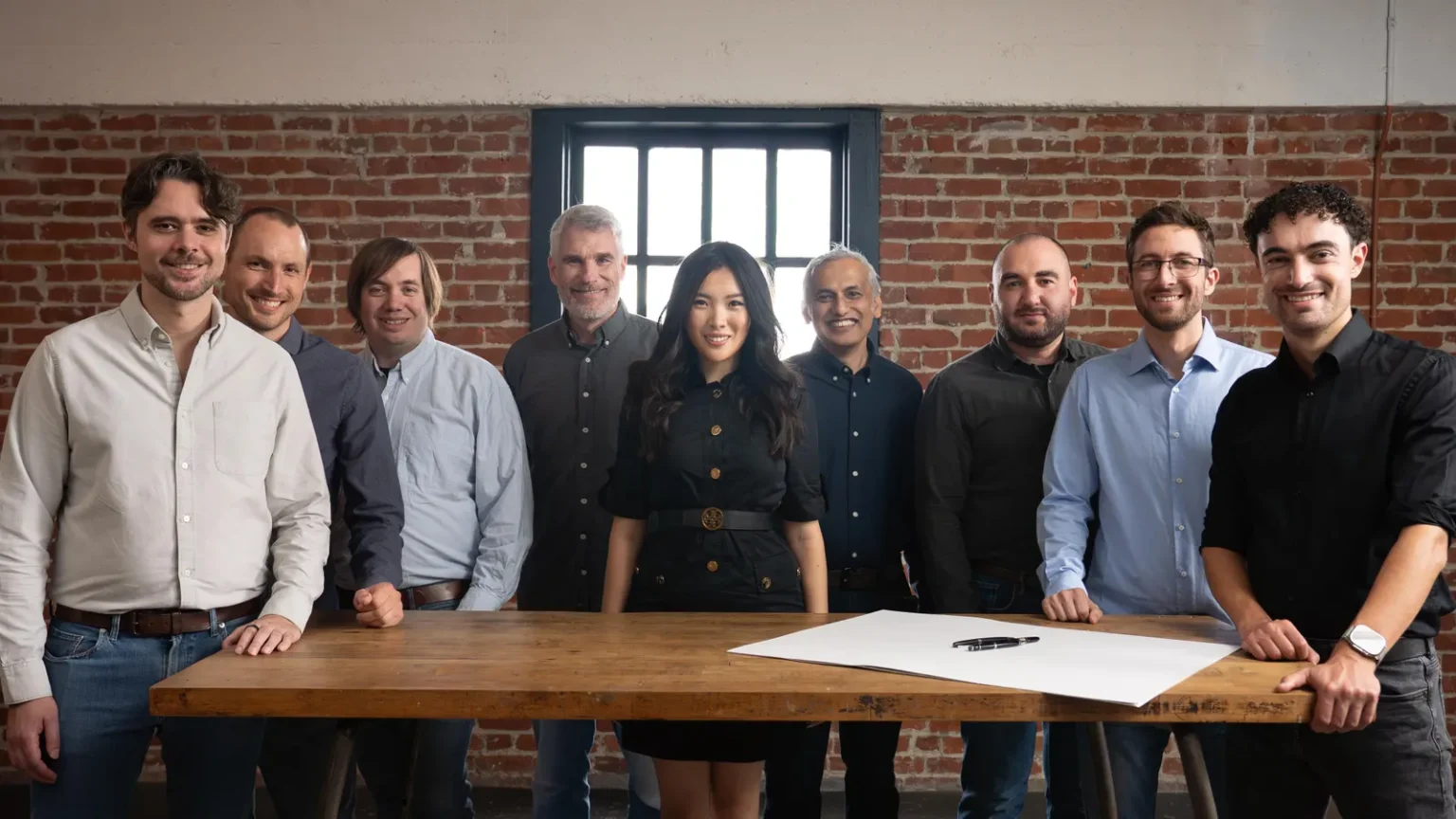The Birth of an AI Mathematician: Axiom Math’s Vision for the Future of Mathematical Discovery
In the bustling atmosphere of a Stanford-area coffee shop last fall, a chance meeting between PhD student Carina Hong and Meta AI researcher Shubho Sengupta sparked a conversation that would ultimately change the trajectory of mathematical research. Their hours-long discussion about merging artificial intelligence with mathematical discovery planted the seed for what would become Axiom Math, a groundbreaking startup now valued at $300 million. Hong, only 24 years old, made the bold decision to leave her Stanford doctoral program to pursue this vision: creating an “AI mathematician” capable not only of solving complex mathematical problems but also generating detailed proofs, verifying its own work, and eventually proposing entirely new mathematical conjectures. “Math is the perfect sandbox for building superintelligence,” Hong explained to Forbes, highlighting her belief that mathematics provides the ideal testing ground for developing truly advanced artificial intelligence. Her startup has already secured an impressive $64 million in seed funding, with backing from prominent venture firms including B Capital, Greycroft, Madrona, and Menlo Ventures.
The young founder brings impressive credentials to her ambitious venture. Raised in Guangzhou, China, with a lifelong passion for mathematics, Hong earned her bachelor’s degree from MIT where she demonstrated exceptional promise—authoring nine research papers and completing 20 advanced mathematics courses. Her undergraduate research in number theory and probability earned her the prestigious Frank and Brennie Morgan Prize, the highest honor awarded to undergraduate mathematicians. Hong’s academic journey continued at Oxford University as a Rhodes Scholar, where she obtained a master’s degree in computational neuroscience. This rare combination of mathematical genius and entrepreneurial vision has enabled her to assemble a team of elite AI researchers, many recruited from Meta’s Fundamental AI Research (FAIR) lab, despite fierce competition for talent in the AI sector.
Axiom Math has rapidly built an impressive team of ten full-time employees, including several prominent researchers who left positions at major tech companies. Francois Charton, who made headlines last year for solving a 100-year-old math problem while at Meta, joined Axiom after being drawn to its focused mission on mathematical AI. “For me, it was the possibility to do AI for math in a company that was serious about it and didn’t consider it a side quest,” Charton explained. Other key team members include Aram Markosyan, who previously led safety and fairness research at Meta, and Hugh Leather, a pioneer in using deep learning for code generation. This talent acquisition is particularly notable given that Meta has recently offered $100 million compensation packages to attract top AI researchers to its superintelligence unit, yet continues to lose key personnel to startups like Axiom.
The startup’s approach is methodical and ambitious: converting English-language mathematics from textbooks, archived papers, and journals into software programs that allow AI to tackle existing problems and create new ones, with solutions that can be formally tested and verified. This differentiates Axiom from competitors like OpenAI and Google DeepMind, which have recently celebrated their AI models achieving gold medal-level scores at the International Mathematical Olympiad. Hong remains unimpressed by these achievements, arguing that such benchmarks can be “gamed” and don’t reflect research-level mathematics. Axiom’s Palo Alto office, where conference rooms bear the names of mathematical luminaries like Carl Friedrich Gauss and Ada Lovelace, embodies the startup’s deep commitment to advancing mathematical discovery through artificial intelligence.
While Axiom Math is currently focused on training models to find and correctly solve new mathematical problems, the team envisions broader applications for their technology. The underlying capabilities they’re developing could potentially revolutionize fields ranging from financial analysis and airplane design to chip architecture and quantitative trading. B Capital Partner Yan-David Erlich highlighted this potential: “Solving complex math problems has been core to so many human inventions. Being able to create new problems that model reality and then solve them is critical to advancing human knowledge.” This perspective underscores the transformative impact that an AI capable of mathematical innovation could have across multiple domains, potentially accelerating progress in areas that have traditionally required years of human research and calculation.
The story of Axiom Math represents a fascinating convergence of pure mathematics, artificial intelligence, and entrepreneurial vision. In less than a year, Hong has transformed a coffee shop conversation into a well-funded venture at the cutting edge of AI research. By focusing specifically on building an AI that can not only solve existing mathematical problems but also generate new mathematical knowledge, Axiom is attempting something fundamentally different from general-purpose AI models. If successful, Hong’s vision could reshape how mathematical research is conducted, potentially accelerating discoveries in a field where progress has historically depended on rare human genius. As the company continues to develop its technology and expand its team, the scientific community will be watching closely to see whether this AI mathematician can truly advance the frontiers of mathematical knowledge, potentially ushering in a new era where human and artificial intelligence collaborate to unlock mathematical truths that have remained elusive to human minds alone.


